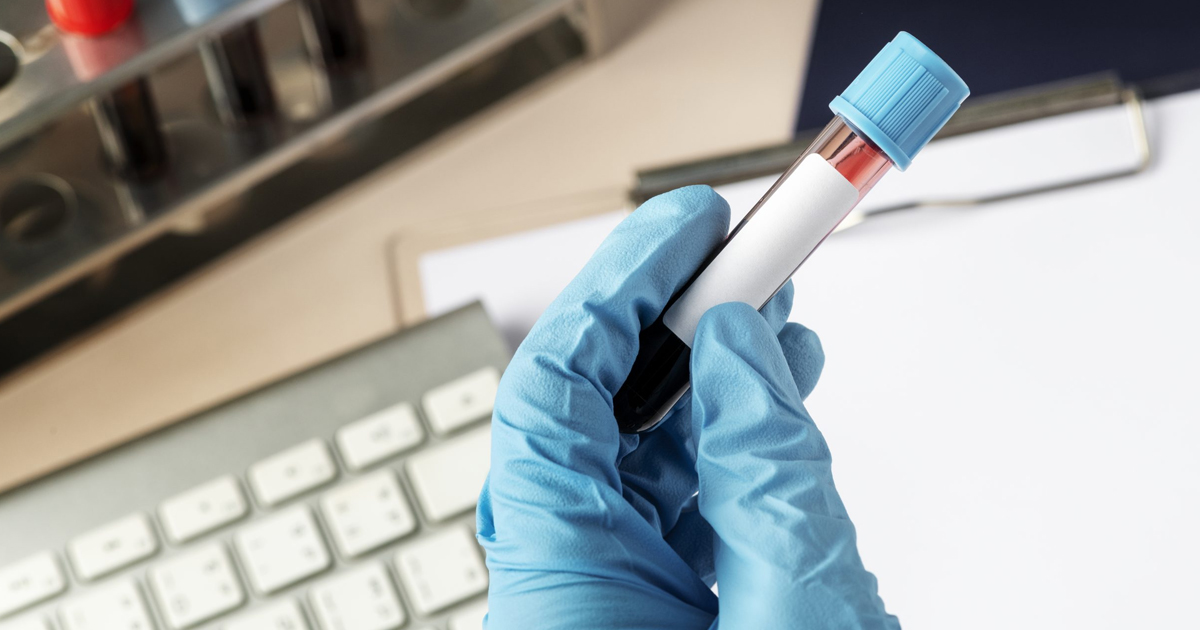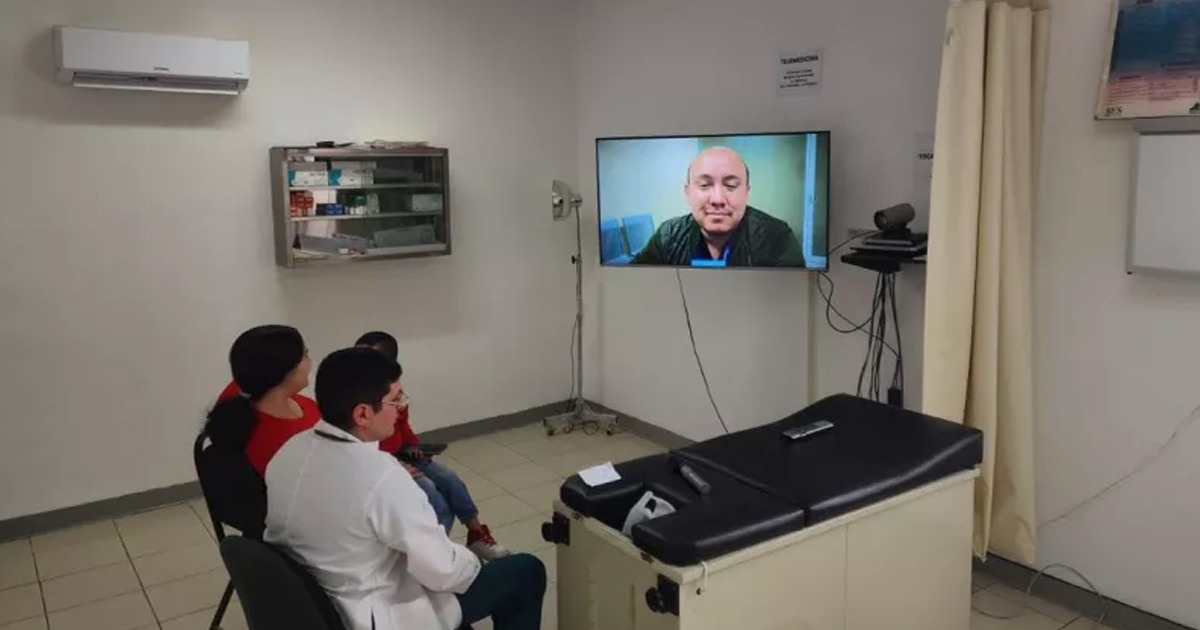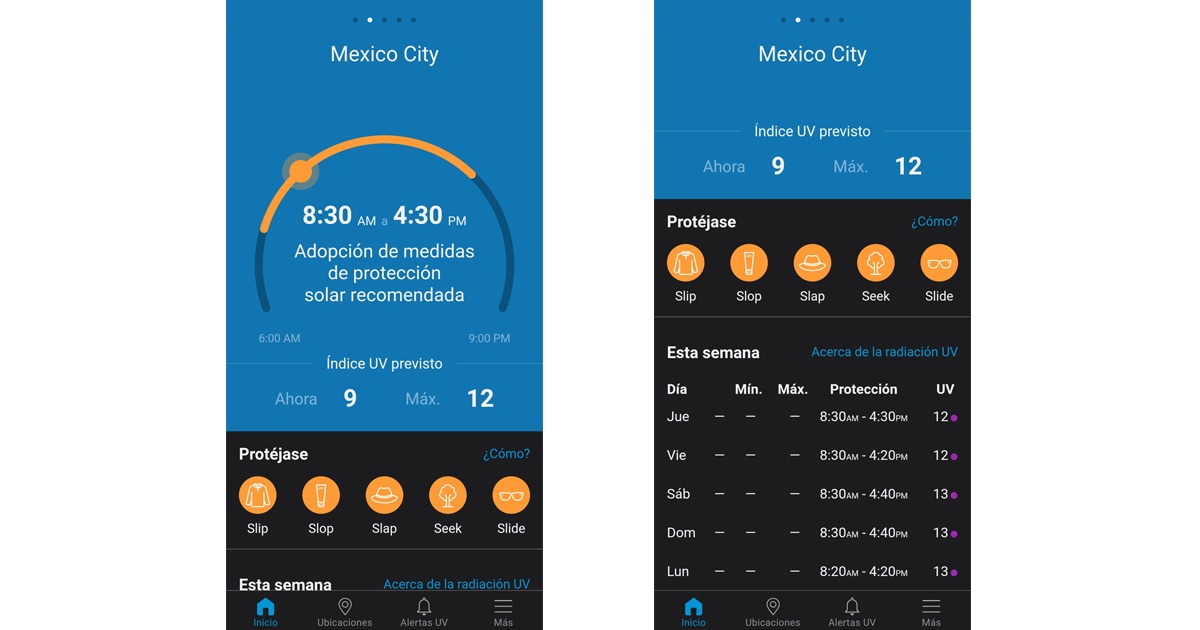Through blood tests and the use of Artificial Intelligence (AI), it is possible to detect Alzheimer's disease at an early stage.
In March of this year, the study “Through blood tests and the use of Artificial Intelligence (AI), it is possible to detect Alzheimer's disease at an early stage” was published in the journal PLOS ONE. In the study the researchers explain that “we evaluated the utility of leucocyte epigenomic-biomarkers for Alzheimer’s Disease (AD) detection and elucidates its molecular pathogeneses.”

For this purpose, the researchers used six different AI methods, such as deep learning and others. Through AI they were able to evaluate epigenomic biomarkers of leukocytes in blood. In this way they found more than 150 genetic differences among the study participants, between the two groups, participants with AD and participants without AD.
Deep learning was the most effective AI platform, as the assessment of no cytosine-phosphate-guanines (CpG) achieved a sensitivity and specificity rate of 97%.
Lead author Ray Bahado-Singh, chair of the Department of Obstetrics and Gynecology at Oakland University, explained, “It’s almost as if the leukocytes have become a newspaper to tell us,'This is what is going on in the brain',” The researchers take the discovery with caution, but point out that if the findings can be replicated, they may help in the early diagnosis of AD.
“The holy grail is to identify patients in the preclinical stage so effective early interventions, including new medications, can be studied and ultimately used,” said Bahado-Singh.
On the other hand, Khaled Imam, MD, director of geriatric medicine at Beaumont Health and co-investigator of the study, explained, “Having biomarkers in the blood, and being able to identify AD years before symptoms start, hopefully we’d be able to intervene early on in the process of the disease.”





